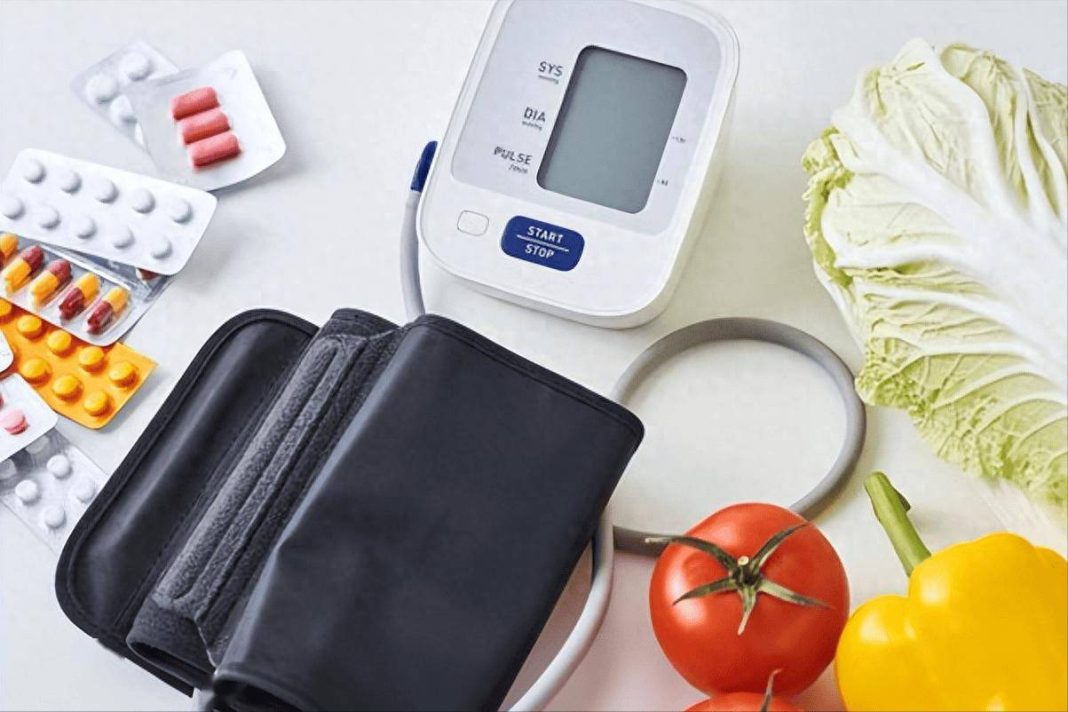Before reading this article, we sincerely invite you to click “Follow,” which not only facilitates your discussion and sharing but also provides you with more professional health knowledge to safeguard your health. Thank you for your support.
How many daily habits unknowingly affect our health?
In particular, how can some seemingly harmless foods quietly raise our blood pressure and even trap us into long-term dependency on antihypertensive medication without our awareness?
To make medical popular science more engaging and help everyone understand better, we will illustrate this with a fabricated story.
Retired civil servant Mr. Guo and his wife Xiao Ling are preparing to go to the hospital for their routine annual check-up. After retirement, Mr. Guo’s life has been quite leisurely; usually, he plays chess with old friends, reads books, and occasionally accompanies his wife to the market to buy groceries.
This check-up was supposed to be a normal affair, but the day before, Xiao Ling accidentally heard a neighbor mention three foods that could be hidden “killers” causing high blood pressure, which made her quite worried.
In the hospital’s outpatient department, Mr. Guo and Xiao Ling arrived ten minutes early, and the corridor was filled with various conversations and announcements. When it was their turn, Mr. Guo expressed Xiao Ling’s concerns to the doctor.
“Mr. Guo, Ms. Xiao Ling, the three foods you mentioned—french fries, coffee, and animal organs—can indeed affect blood pressure to some extent.
For example, french fries contain a large amount of sodium, and for patients with high blood pressure, excessive sodium intake can indeed lead to elevated blood pressure.”
He pointed to a column on the data sheet and explained, “Look here, french fries can contain as much as 330 milligrams of sodium per 100 grams, while the recommended daily sodium intake for adults should not exceed 2000 milligrams.”
“The caffeine in coffee can cause a temporary increase in blood pressure. Although this effect may be temporary for regular consumers, if you already have high blood pressure, it’s best to limit your daily coffee intake.”
As for animal organs, Dr. Zhang seriously emphasized this point, “Animal organs like liver, heart, and kidneys have high cholesterol content, posing a challenge to cardiovascular health, especially for patients with high blood pressure and high cholesterol; such foods should be limited.”
Listening to the doctor’s explanation, Mr. Guo and Xiao Ling exchanged glances, realizing that these seemingly ordinary foods carry hidden health risks that cannot be ignored.
Noticing their concerns, Dr. Zhang further explained, “In fact, adjusting dietary habits is not difficult. The key is to consciously choose foods that are beneficial to health while reducing the intake of those that may cause discomfort.”


